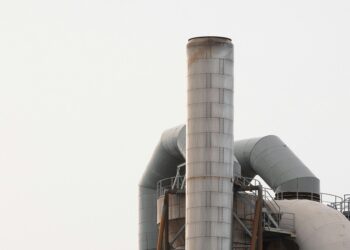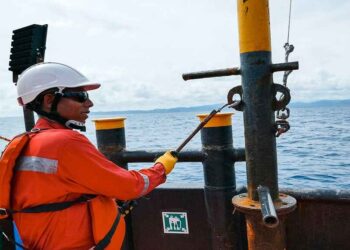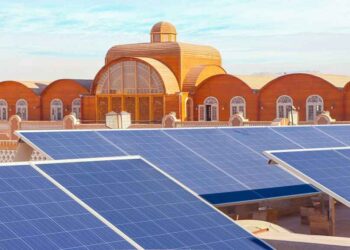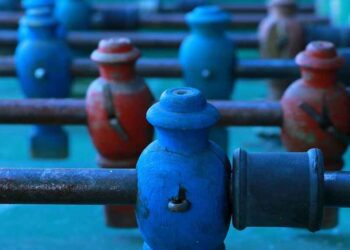Knutsen NYK Carbon Carriers AS (KNCC), a joint venture between NYK Line and Knutsen Group, has partnered with COSCO Shipping Heavy Industry Co., Ltd. (CHI) to advance the design of liquefied carbon dioxide (LCO2) carriers.
The joint study, centred on KNCC’s LCO2-Elevated Pressure (LCO2-EP) technology, will focus on developing a direct injection offshore (DIO) vessel concept.
This design could support carbon capture, utilisation and storage (CCUS) projects in the North Sea, where direct offshore injection can reduce the time and costs associated with establishing traditional onshore or floating infrastructure.
Using LCO2-EP technology, the LCO2 is kept at ambient temperature and higher pressures, which means that offshore heating is not required before the liquid gas is injected.
Oliver Hagen-Smith, CEO of KNCC, said that the partnership is expected to play a critical role in the realisation of CCUS projects.
“KNCC’s LCO2-EP technology has the best match with direct injection offshore operation as it requires less energy and complexity onboard the vessel compared to other cryogenic modes servicing injection of CO2 to permanent storage sites offshore,” he added.
Shi Wei, CHI’s executive responsible for offshore business, echoed these sentiments, noting that the project represents an opportunity for CO2 emission reduction within the shipbuilding and offshore industries.
“The LCO2 direct injection vessel, which is based on KNCC’s LCO2-EP technology, represents a unique and highly appealing design and concept from the perspective of shipbuilders. We are excited about the prospect of working together with KNCC on this innovative project.”
The LCO2 carrier design under review has already secured Approval in Principle (AiP) from classification society DNV in 2022, with further recognition through a General Approval for Ship Application (GASA) in 2023.
Liquid CO2 carriers in CCUS projects
The use of LCO2 carriers in CCUS projects is still in the developmental and pilot stages, with a few projects either planning to use or exploring the use of such carriers.
The Northern Lights project is part of the larger Longship initiative by the Norwegian government, aimed at developing a full-scale CCS value chain in Europe.
While this project is primarily focused on transporting CO2 via pipelines from capture sites to storage locations, discussions and studies have considered the future use of LCO2 carriers to transport CO2 from more distant capture sites across Europe to the storage facilities in the North Sea.
The project will initially handle 1.5 million tonnes per annum (mtpa) of CO2, with plans to expand to five million tonnes. CO2 will be stored 2,600 metres below the North Sea.
The first phase is expected to be operational by 2024. The Norwegian government has committed NOK 16.8 billion (US$1.7bn)), with additional investment from private sector partners Equinor, Shell and TotalEnergies.
The Porthos project involves capturing CO2 from industrial sources in the Port of Rotterdam and storing it in empty gas fields beneath the North Sea.
Like Northern Lights, Porthos primarily plans to use pipelines for transport, but the concept of using LCO2 carriers is being explored as a supplementary method, particularly for international CO2 transport.
The project will transport and store around 2.5 mtpa of CO2, captured from industrial sources in the Port of Rotterdam. The CO2 will be stored 3,000 metres beneath the North Sea.
Slated to begin operations by 2026, the project will cost an estimated €450-500 million (US$ 520-580m), with funding coming from the European Union, the Dutch government and industrial partners.



















































